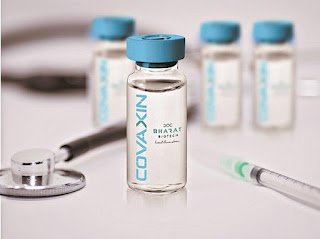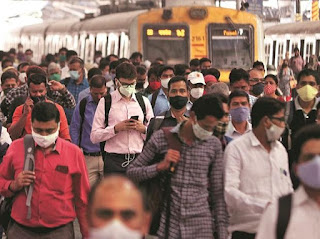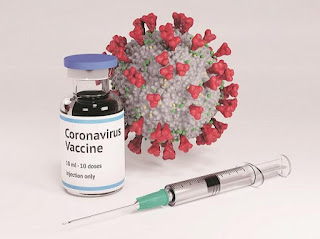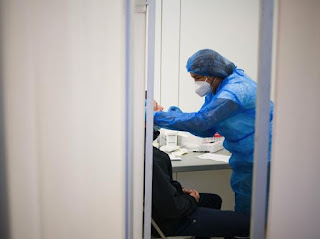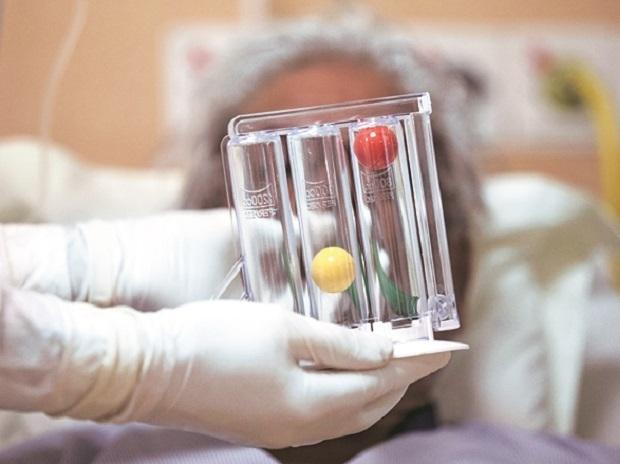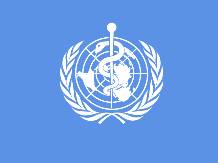WHO reports Delta strain of Covid in 75% of specimens collected for testing
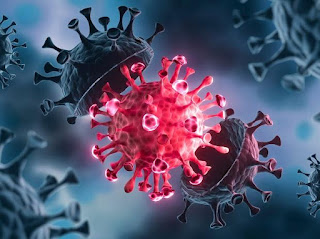
The prevalence of the highly-transmissible Delta variant of COVID-19 among specimens sequenced over the past four weeks exceeded 75 per cent in many countries worldwide, including India, China, Russia, Israel and the UK, the WHO has said. In the COVID-19 Weekly Epidemiological Update published July 20, the World Health Organization said that despite efforts to extend vaccination coverage, many countries across all six WHO regions continue to experience surges in coronavirus cases. Over the past week, the highest numbers of new cases were reported from Indonesia (350,273 new cases; a 44 per cent increase), the UK (296,447 new cases; 41 per cent increase), Brazil (287,610 new cases; 14 per cent decrease), India (268,843 new cases; 8 per cent decrease) and the US (216,433 new cases; 68 per cent increase). The update noted that as of July 20, a total of over 2.4 million SARS-CoV-2 sequences have been submitted to GISAID, the global science initiative and primary source that p...
